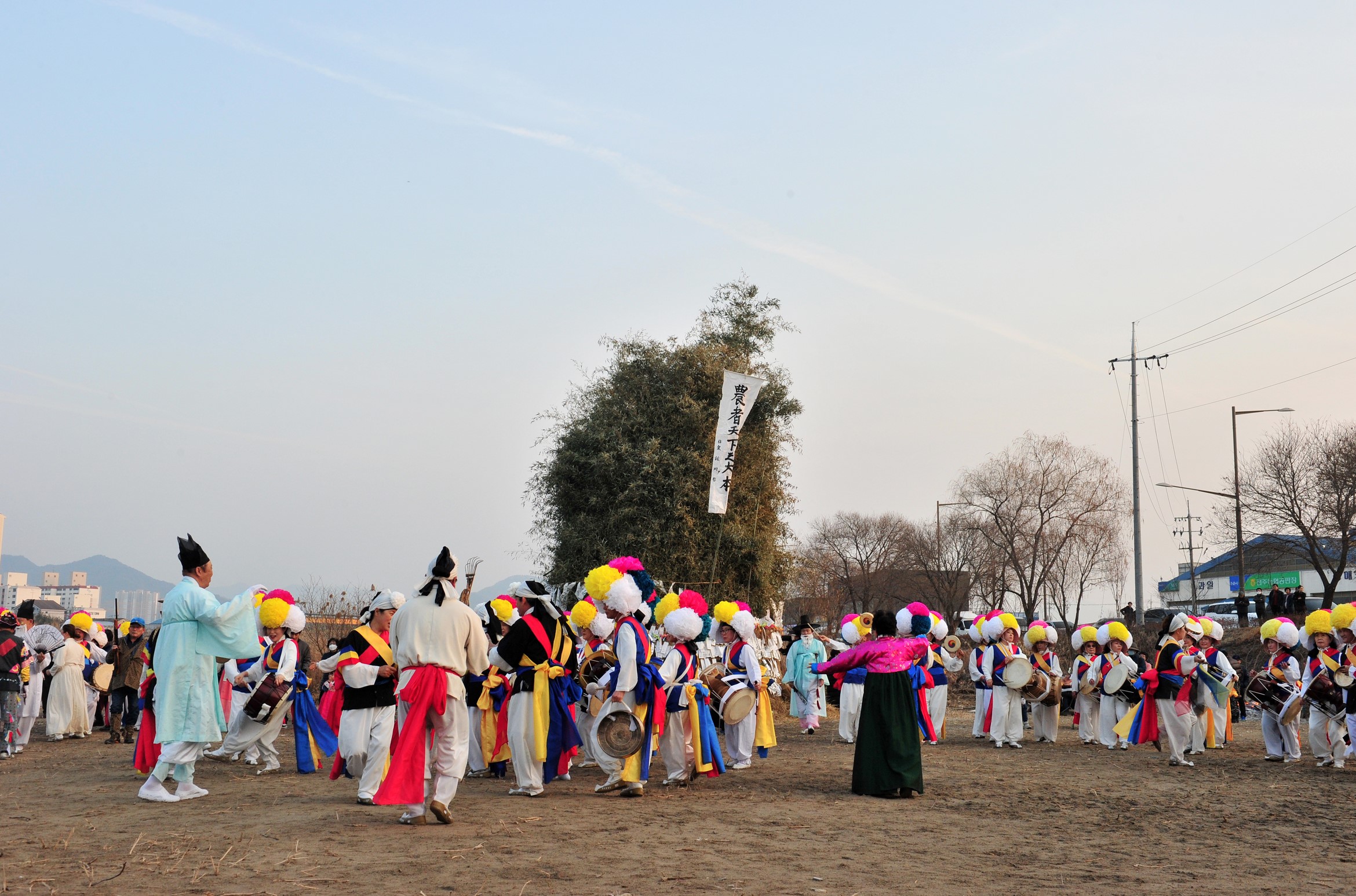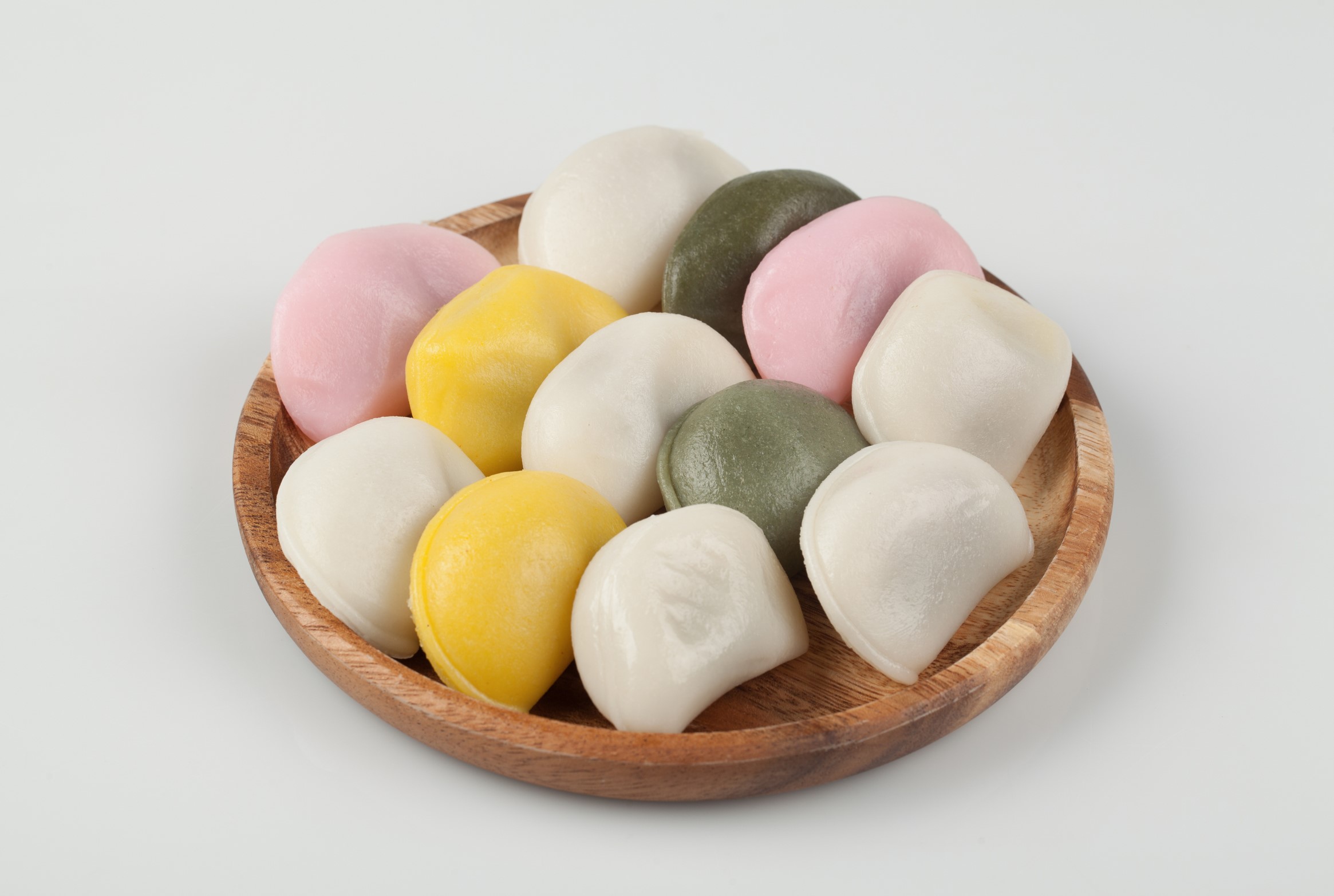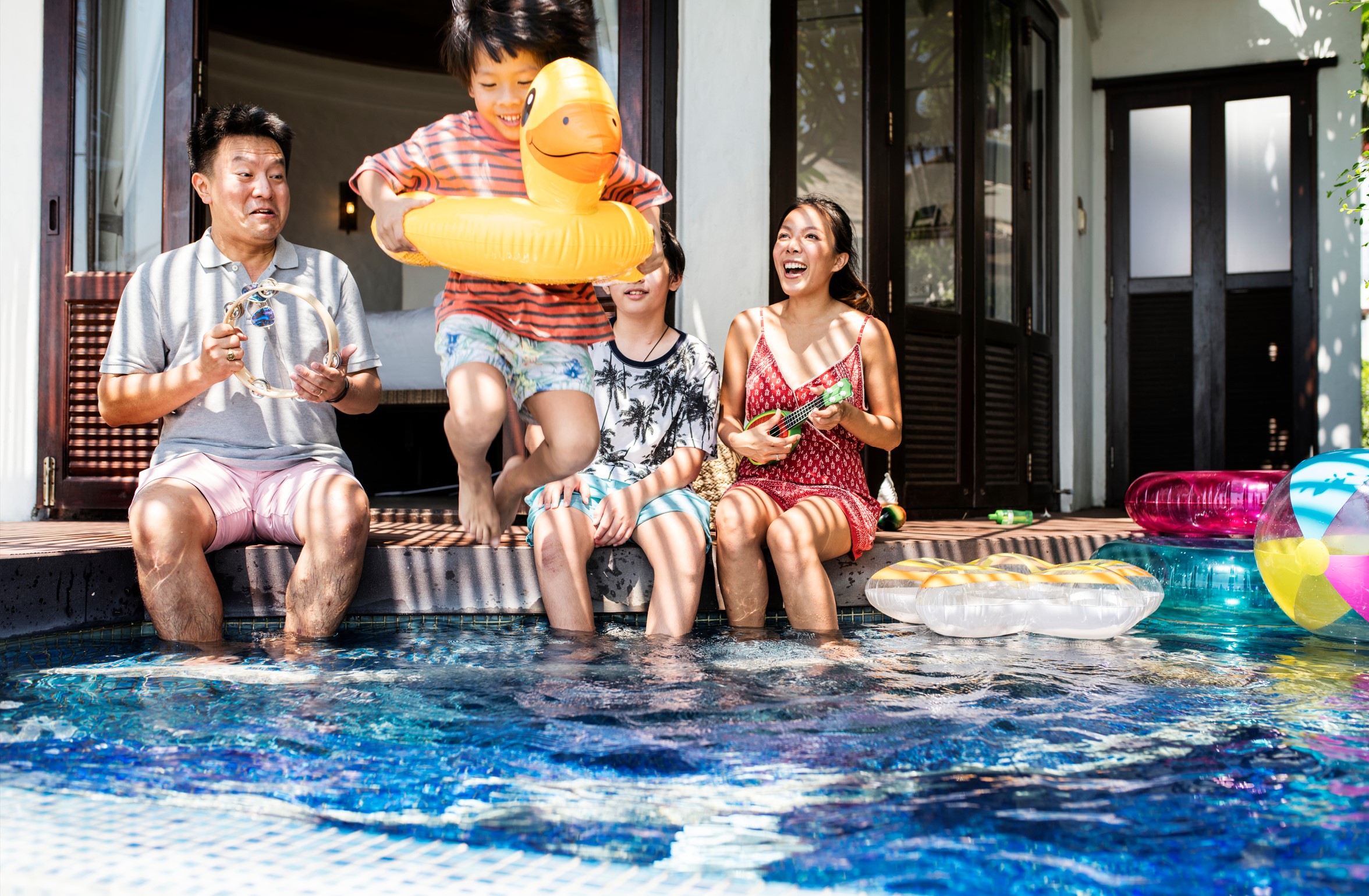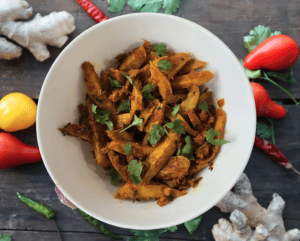Korean Holidays & Celebrations
Korea’s celebrations and holidays are reflective of its cuisine.
Seollal (Korean New Year)
(January 31 – February 2nd)
Also known as Korean New Year, Seollal is celebrated on the first day of the Lunar Calendar. It’s one of the most important Korean holidays, where families gather to celebrate and pay respect to their ancestors and elders. A well-known ritual that’s observed during Seollal is “charye,” where food is prepared and served as an offering to past family members. Loved ones will also come together to have a meal to honor a prosperous new year ahead through a ceremony called “eumbok.” Traditional dishes like tteokguk, a Korean sliced rice cake soup, and jeon, fried fish cakes, are also popularly served during this Korean holiday. The origins of these celebrations trace back thousands of years, and it is still considered today to be the most important holiday in Korean history and culture.
Chuseok
(September 9-11)
Chuseok is often referred to as the Korean version of Thanksgiving. The historical significance of Chuseok dates back to stories of Korean agriculture. Historically, Koreans offered rituals to their ancestors as a way to pay thanks and to celebrate the harvest moon. This tradition has continued to be honored through the years and is still celebrated today. Traditional activities like preparing songpyeon, a Korean sweet rice cake, have been an essential part of the holiday celebration. Family members come together to make this traditional dish on the eve of Chuseok. And it’s believed that those who succeed in making beautifully shaped songpyeon will also raise a beautiful child and have a successful marriage.
Children’s Day
(May 5)
Children’s Day is a Korean holiday dedicated to — you guessed it — the children of Korea. This fun and festive holiday is meant for parents and guardians to spend quality time with their children. During Children’s Day, businesses and workplaces close so that families can take their kids to amusement parks, fairs, and other entertainment events. This tradition started in the 1920s and was inaugurated by Bang Jeong Hwan, a Korean writer of children’s literature and a fierce leader in children’s rights. Hwan was also a strong advocate for early education, and he proposed a holiday that would promote the advancement of children in 1922. Today, this holiday is not only accepted but widely celebrated by families all across South Korea.
Find Local Korean Shefs & Meals
If you’d like to celebrate like (or with!) the Korean people, order some home-cooked Korean food from our local community of chefs — every cook is food safety certified and earns a meaningful income selling their homemade dishes.
- Los Angeles
- San Francisco (Bay Area)
- Chicago
- New York City
- New Jersey
- Seattle
Find your local home-cooked Korean food today!










